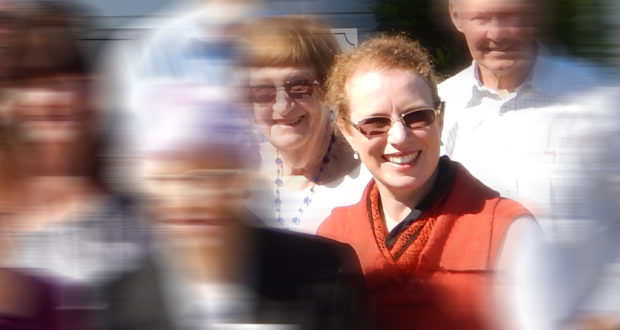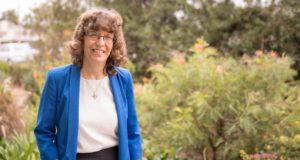A small, precious and fragile object of God’s love: the Uniting Church after 40 years: Rev Dr Julia Pitman, St Paul’s and Armitage Uniting Churches, Mackay suggests a roadmap for the future of the Uniting Church.
The Uniting Church has survived despite considerable external and internal threats to its life. Its existence is a triumph of good over evil in the world (secularisation, apathy and atheism) on the one hand, and human sin within the church (self-destructive, delusory and marginalising tendencies) on the other. The Uniting Church has survived despite considerable external and internal threats to its life. Its existence is a triumph of good over evil in the world (secularisation, apathy and atheism) on the one hand, and human sin within the church (self-destructive, delusory and marginalising tendencies) on the other.
The church suffers the same challenges of Western Christianity internationally: decline in traditional Christian-inspired forms of community, work and leisure. Evil is present in the church in many forms: acquiescence to the outside world or self-deception about the state of the church within does not help.
In spite of incredible odds, local congregations continue to seek to develop Christian faith and identity in church members.
Our five theological colleges, spread far too thinly across the nation compared to our sister churches overseas, struggle to provide a viable Reformed and Evangelical training. Leadership development should be—but is not always—offered from international church leaders who reflect the theological ethos of the Uniting Church.
Relying on Almighty God, the Uniting Church should continue to recover its deep theological basis as well as heed the warnings of other churches and para-church organisations that have similarly declined.
Concrete actions that must be seriously considered now include:
• A national consultation process on theological education with a view to reducing the capital city-based theological colleges to one or two for the training of ministers (in Sydney or Melbourne—continue Nungalinya in Darwin) with the expectation of a three-year full-time theological course delivered by experienced Uniting Church ministers with research higher degrees in theology. Lay leadership training would continue to be conducted from the states and regions.
• An approach to continuing education and leadership development of ministers and lay people that reflects the theological ethos of the Uniting Church in Australia through invitation to scholars and church leaders from equivalent networks such as the Gospel and Our Culture Network inspired by Lesslie Newbigin.
• A plan for the evangelisation of the Australian people that includes revitalisation of the approach to baptism and church membership.
If the Uniting Church is able to see itself as a small, precious and fragile object of God’s love it may be blessed with a long life.
This is a summary of a paper delivered at the National Uniting Church History Conference in Adelaide in June. The full text will be published in the Proceedings of the Uniting Church Historical Society (Synod of Victoria and Tasmania), vol. 24, no. 2, November 2017. Rev Dr Julia Pitman was elected as the Queensland representative for the Uniting Church National Historical Society executive.
 JourneyOnline
JourneyOnline






